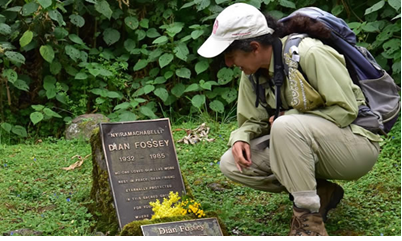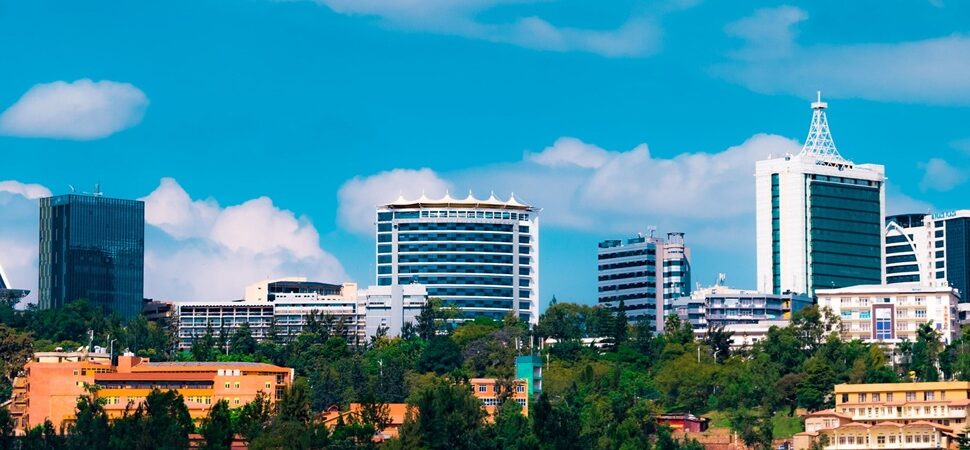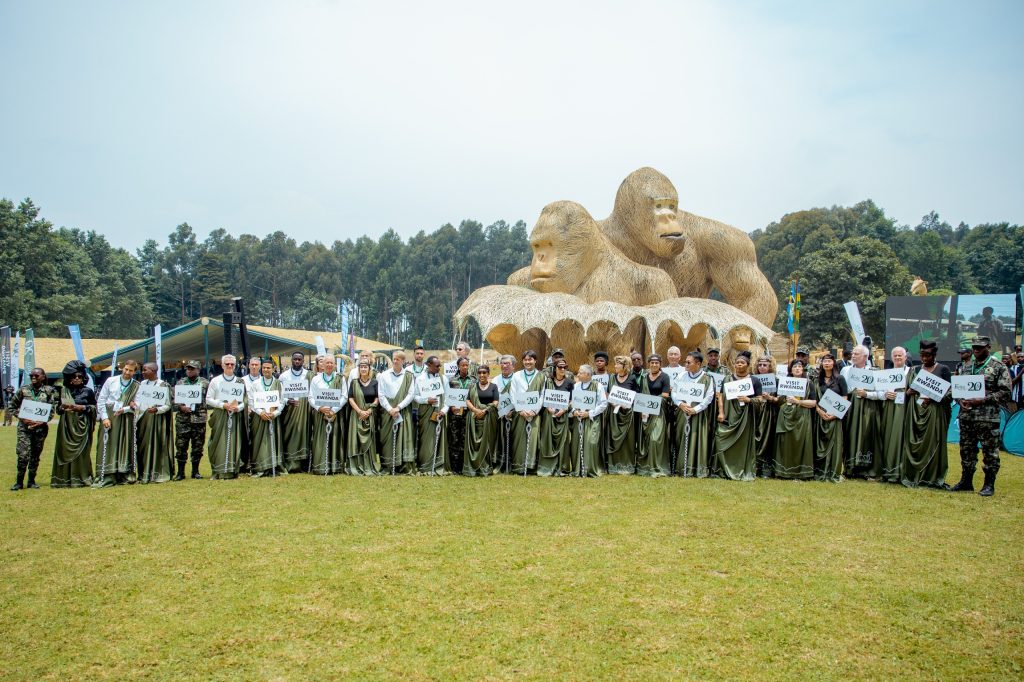
On Friday, 5th September 2025, hundreds of people gathered at the foot of Volcanoes National Park. They had come for something special the 20th Kwita Izina ceremony, where Rwanda’s newest baby mountain gorillas would receive their names.
Representatives from Deco Green Tours, including the company manager and staff, were there to witness this remarkable event. For a company focused on sustainable tourism, the ceremony showed everything they believe in: real cultural experiences that help both wildlife and local people.
Kwita Izina comes from an old Rwandan tradition. When children are born, they receive their names at special ceremonies with family and friends around them. In 2005, Rwanda decided to extend this beautiful tradition to mountain gorillas living in the country’s misty mountains.The idea is simple but powerful. When you give an animal a name, you make it special. A named gorilla isn’t just a number in a report, it’s an individual worth protecting.
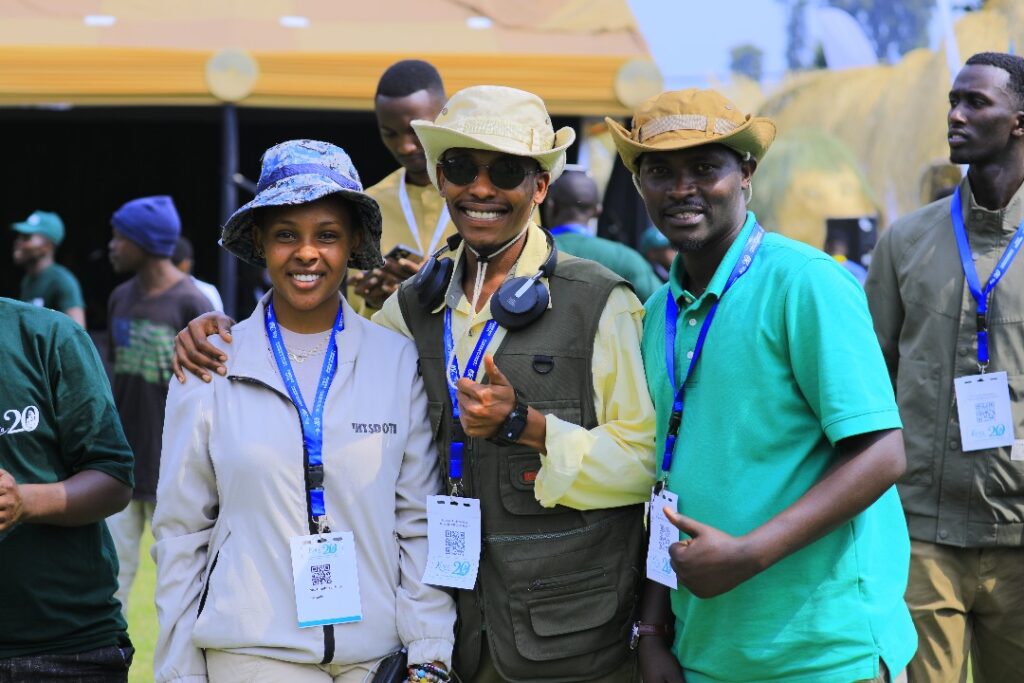
Over the past 20 years, 397 mountain gorillas have been named through these ceremonies. Each name tells a story about the gorilla’s birth, its family, or the hopes of the people who protect them.
But Kwita Izina is more than just a naming ceremony. It’s Rwanda’s way of saying thank you to the heroes of gorilla conservation. The local communities around Volcanoes National Park have changed from small farmers into tourism partners and conservation supporters. The researchers who study gorilla behaviour. The vets who treat sick animals in the wild. And most importantly, the rangers and trackers who go into the forest every day to protect these gentle giants.
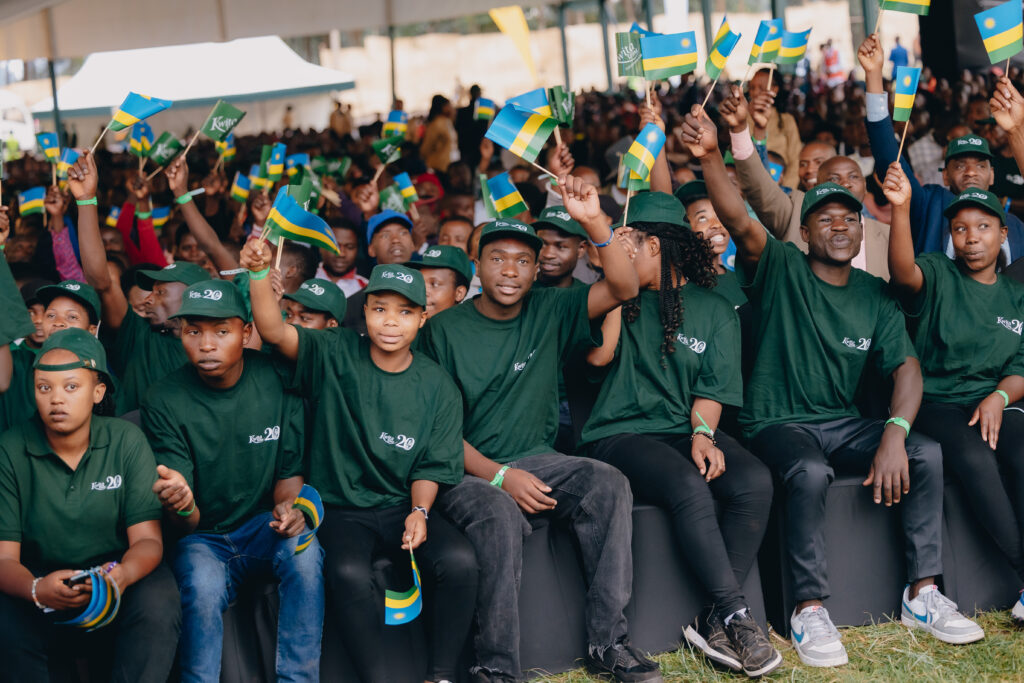
For companies like Deco Green Tours, Kwita Izina shows sustainable tourism at its best. The ceremony proves how responsible travel can connect visitors with real conservation work whilst bringing important money to local communities.
Rwanda’s gorilla tourism has become famous worldwide because it works for everyone. Tourist permits cost a lot, but this keeps numbers small and funds park operations and anti-poaching work. Local communities get jobs and share in the tourism money. Visitors get life-changing experiences with some of the world’s most endangered animals.
Mountain gorillas are still very rare. Only just over 1,000 exist in the wild. Their numbers have grown from dangerously low levels in the 1980s, but they still need constant protection.
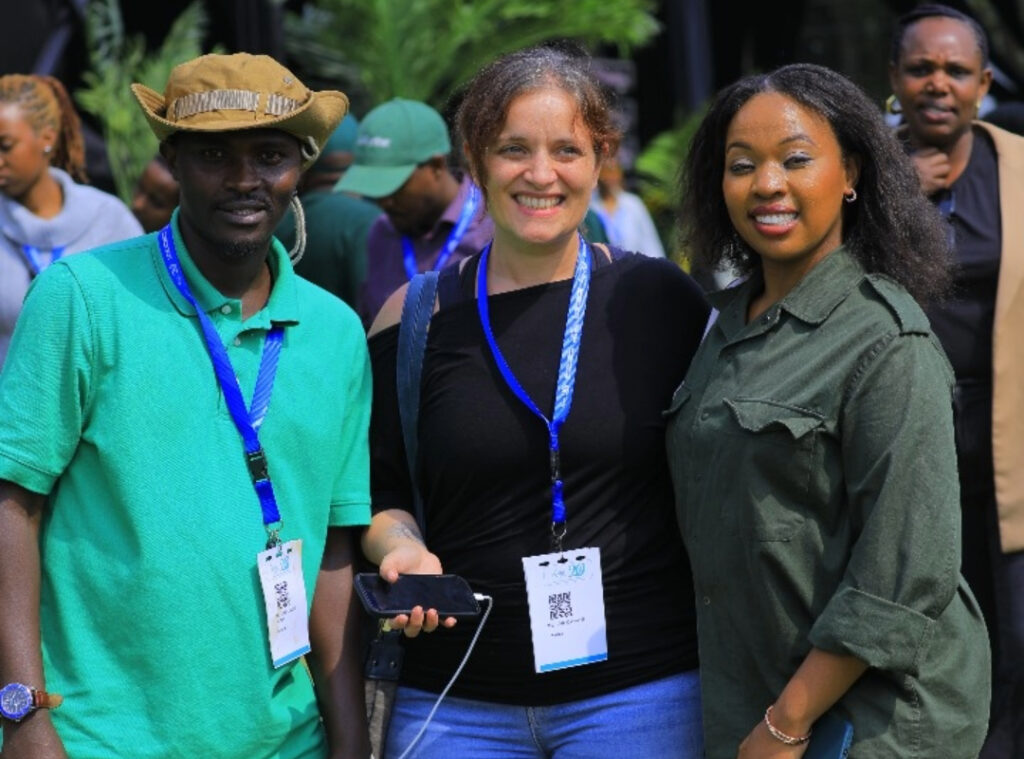
The ceremony reminds us that saving wildlife isn’t just about science and rules—it’s about helping people care about animals. When tourists go home after meeting a named gorilla family, they become conservation supporters. When local children grow up knowing these gorillas by name, they see them as neighbours worth protecting.
Rwanda’s approach offers lessons for protecting endangered animals everywhere. By making wildlife valuable to local people, by celebrating conservation wins publicly, and by making sure tourism money pays for protection, the country has created a system where everyone wins; tourists, communities, and gorillas.
For visitors thinking about a gorilla trek, the experience goes far beyond those magical face-to-face moments with a silverback. It’s joining a conservation success story, supporting communities who chose wildlife over quick money, and seeing one of the planet’s most amazing species recovery efforts.
Deco Green Tours understands this. They’re not just selling wildlife trips, they’re helping people join conservation efforts, experience different cultures, and support sustainable development. In Rwanda’s misty mountains, tourism isn’t just about photos and memories. It’s about making sure future generations can look into the eyes of our closest animal relatives and see not just a gorilla, but an individual with a name, a family, and a future worth protecting.
The 20th Kwita Izina ceremony lasted just a few hours, but its impact like the gorillas it celebrated will last for generations.

